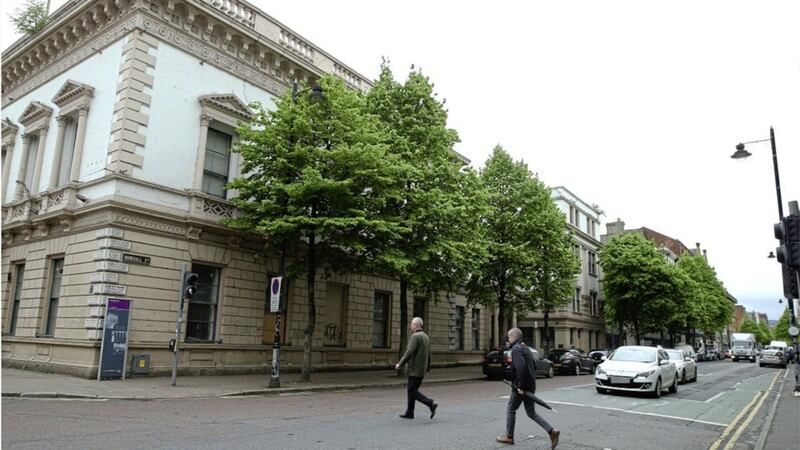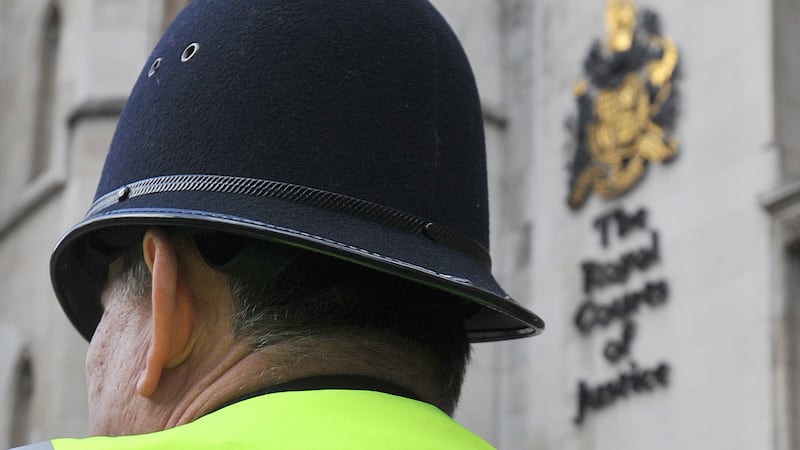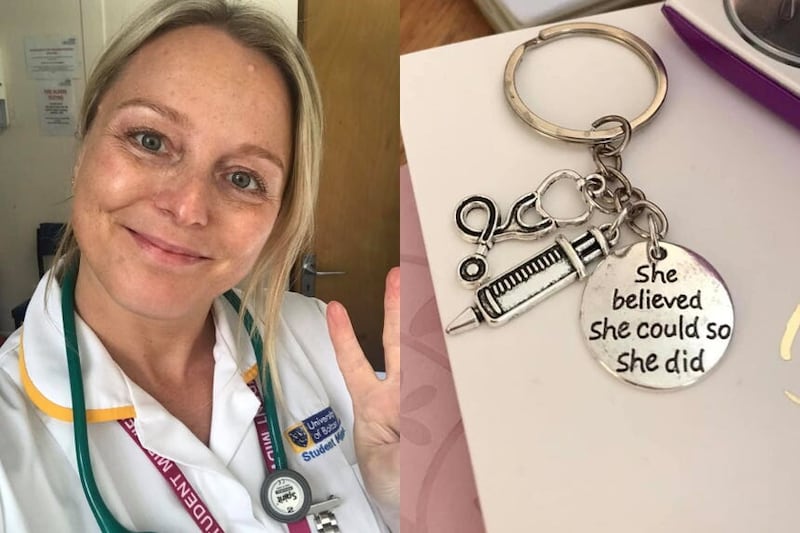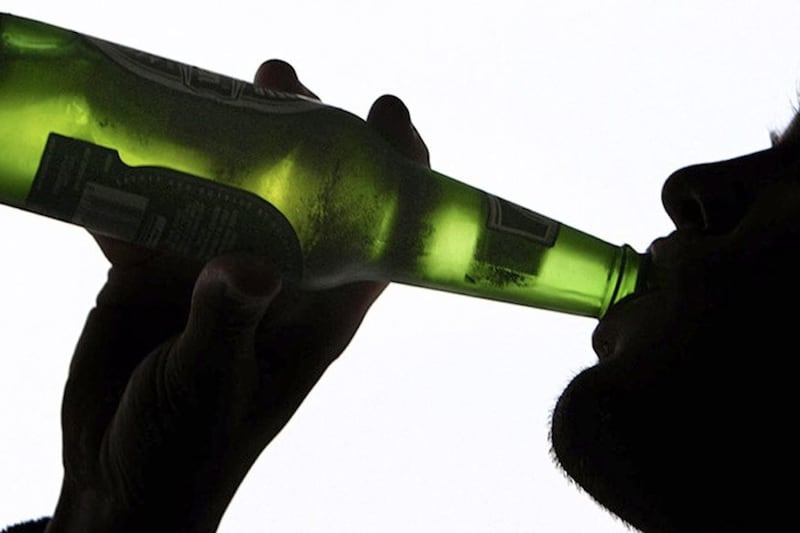A HOTEL at the corner of Donegall Street in Belfast city centre was the venue for a three-person meeting sparked by a woman battling alcoholism in the spring of 1948.
Only known as 'Rita', she had telephoned a number in Dublin - where a support group first emerged two years previously - seeking help.
A senior British Army officer, who was a reformed alcoholic, travelled from the Republic with another group member to meet her and embarked on a search for premises.
On May 21, 1948, the first open meeting of an Alcoholics Anonymous (AA) group took place in a small building located at 14 Donegall Street.
A visit to Ireland two years later from New York stockbroker, William Wilson, who helped co-found AA in the United States in 1935 and is referred to as 'Bill W', galvinised support and the Irish 'fellowship' started growing, north and south of the border.
It centred on groups meeting regularly to share their experience and help support each other in their bid to quit drinking and stay sober.
Guidelines known as the '12 Steps', which have a strong basis in spirituality, became the ethos of the organisation and gave structure to those in recovery.
Anonymity was key, with members only ever using their Christian names.
Such was the popularity of the group in Belfast that bigger premises were found on the Lisburn Road.
Despite the emergence of the Troubles, the Belfast premises sometimes remained open on a round-the-clock basis, with members sheltering in the back during bombings and shootings.
One member said he remembers 'standing room only'.
"Even when there was a bomb warning, we would have locked ourselves in the back room waiting for it to go off. The last person in the building left, which could have been the early hours, and locked the doors," he said.
Over the next two decades, AA groups began to form across the north. Today, there are more than 900 groups in Ireland, with support provided to tens of thousands of people.
A new addition in the north is the creation of the first-ever Polish meeting.
The profile of those attending has also dramatically changed, with a big increase in younger women.
"There are no bosses and we are not affiliated to anyone. We receive no government funding," a senior member of the group told the Irish News.
"Many of us have had decades of continuous sobriety. We are trying to repay the debt owed to those early pioneering members by keeping the door open and passing on the message, one day and one meeting at a time."
AA can be contacted on its national helpline: 0845 769 7555 or in Belfast at 028 9035 1222








